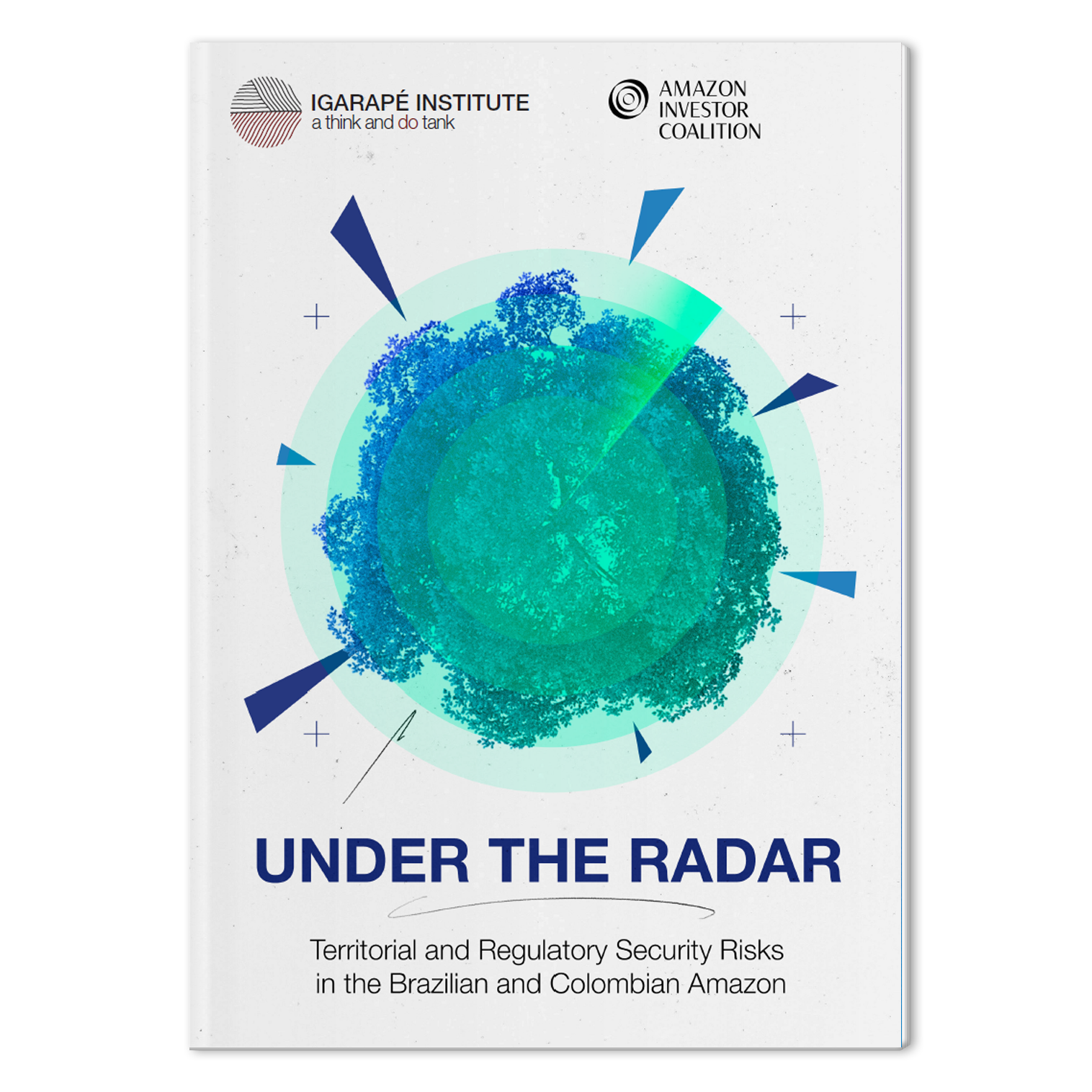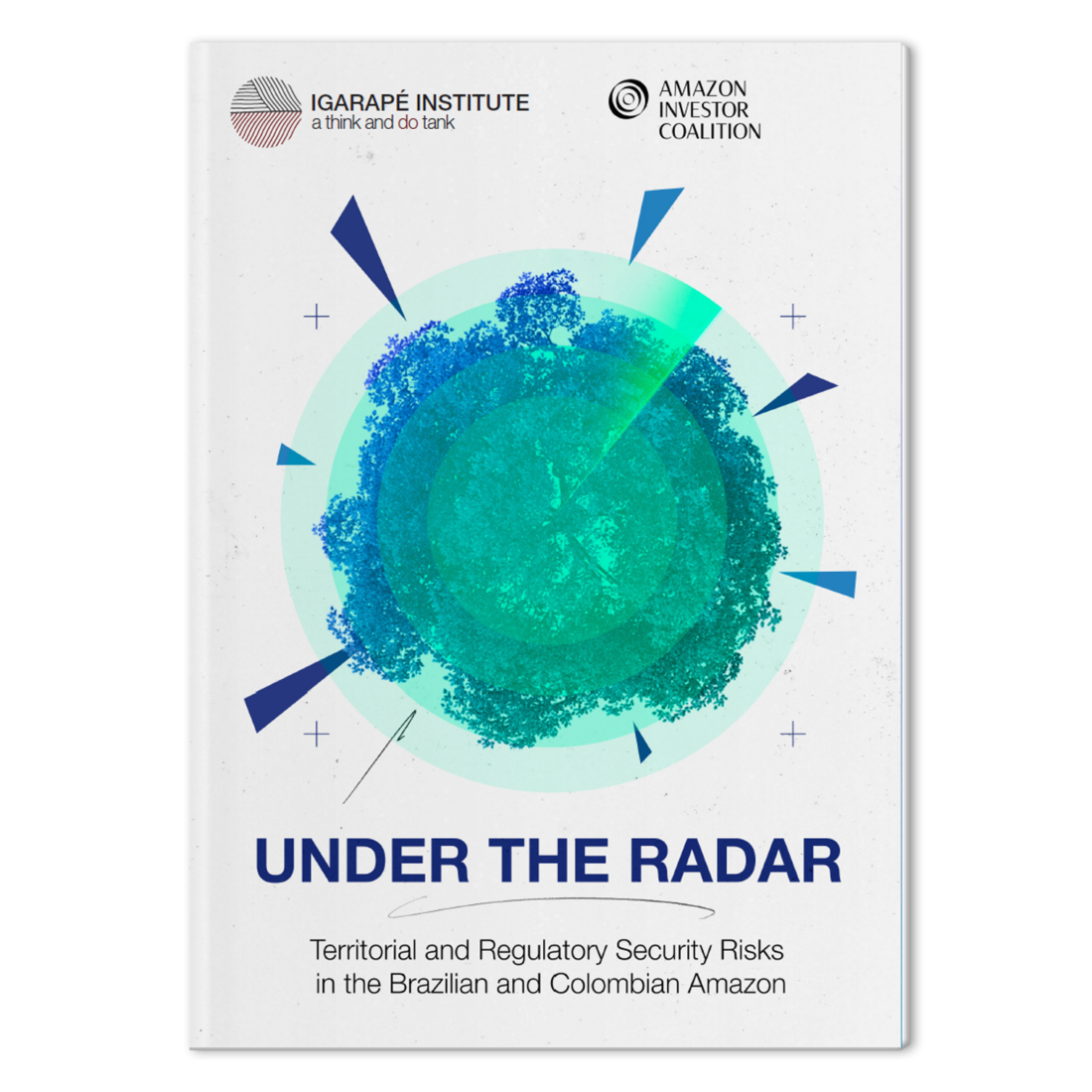Under the Radar: Territorial and Regulatory Security Risks in the Brazilian and Colombian Amazon

Threats to physical security, land conflicts, environmental degradation, and weak state presence are among the most urgent challenges faced by organizations in Brazil and Colombia working on the frontlines of the Amazon. These risks are compounded by global demand for commodities — including timber, gold, beef, and soy — and by the growing presence of criminal groups seeking to consolidate territorial control and political influence through intimidation, corruption, and the co-optation of local governance structures.
In both Brazil and Colombia, civil society actors reported feeling more exposed to territorial insecurity than their private sector counterparts. They called for stronger institutions, improved governance, and inclusive development models based on local realities.
These findings are the result of an online survey and a series of key informant interviews conducted by the Igarapé Institute between October 2024 and April 2025. The research aimed to evaluate the risks and solutions proposed by research institutions, non-governmental organizations, and private sector actors operating in the Amazon.
To address the growing convergence of territorial, environmental, and governance risks that threaten the Amazon’s sustainable development as well as long-term climate and biodiversity goals, the report proposes a dual strategy: strengthening official institutions while adopting hybrid governance models that reflect local realities.
The future of the Amazon depends on structured, ethical, and place-based investments that connect political ambition to the operational knowledge of frontline actors. Impact investors, public authorities, and donors must also adapt, incorporating territorial and regulatory risk assessments into all project planning and investing in implementers’ capacity.
These recommendations are directed to national and subnational governments, philanthropic organizations, international donors, and, above all, to the communities that depend on and defend the forest.
Read the publication
Learn more about this topic in the Transforming the Economy in the Amazon and the Strategic Paper 64, Dynamics of the Ecosystem of Environmental Crimes in the Brazilian Legal Amazon



